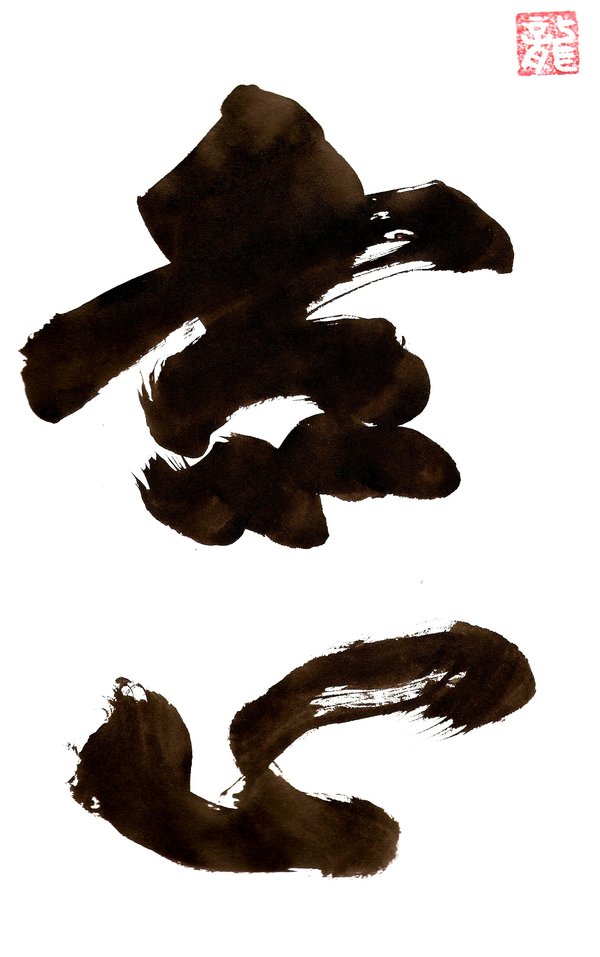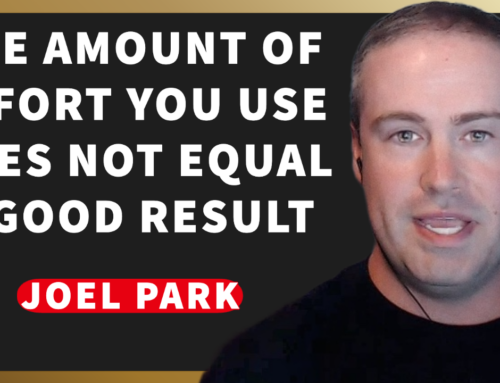So, what the hell does that mean? We often go to the range, start shooting a drill or even bullseye practice, and begin to make judgements. “Damn, my shots keeping going to the left.” “I’m shooting too slow”. “Why can’t my group look like his group?” or even, “I suck!” This is your ego or more commonly known as the conscious mind. It tells us what’s going on. It’s that running monologue in your head. This reminds of me of the scene in the iconic Tom Cruise movie, “The Last Samurai.” In it, our hero has learned the art of the sword and is in a competition with one of the instructors. As it goes on, he has a hard time connecting and summarily gets his butt kicked.
At this point one of the spectators chimes in on the downtrodden student and gives him the following advice. “..please forgive me, too many minds” “..What?” he asks. “..mind the sword, mind face, mind the people watching, ..to many mind” Again our hero is puzzled. “No Mind..” the sage guides him.
Tom was worried about too many things (see what you can relate to): Thinking about his technique. Thinking about how he felt. Thinking about what other people were thinking…Too many minds. No mind. You need to calm that inner center and stop the conscious from “trying” to take over. Studies have show that the conscious mind can only truly concentrate on one thing at a time. The subconscious can handle multiple things at the same time. That’s why you hear coaches and teachers expound the doing from the subconscious. But far too often that sounds like a bunch of mumbo jumbo. What does it really mean?
You need to develop your subconscious skills (drawing, pulling the trigger, grip, etc.) through hours of repetition of dry practice. Sounds like a lot. 10 minutes a day becomes over an hour a week, which then becomes 4 hours a month, which becomes almost 50 hours a year. I’ve been there. Ten minutes grows to 15 minutes easily because we like to do it. Once we commit to working the subconscious, we no longer need to worry about it. It’s there in the background, skill without thought. We then need to turn off the constant chatter of the ego and let the skill work. Try it at your next practice. No mind…









Leave A Comment